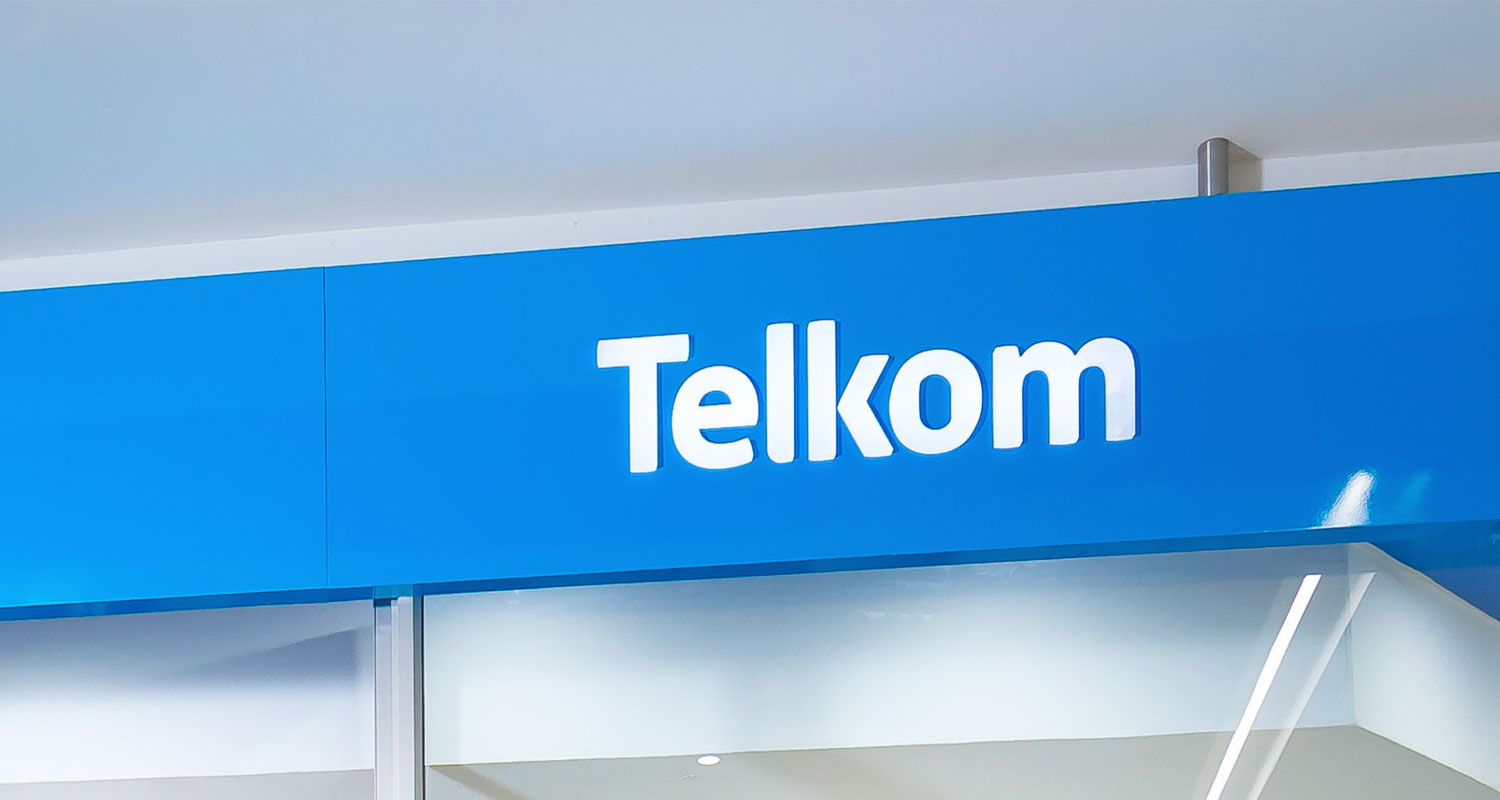
Telkom revealed on Tuesday that its fibre network is now available to more than 890 000 homes in South Africa, a 45% jump from a year ago.
In a quarterly financial update for the period to end-June 2022, the telecommunications operator said the number of homes connected to its fibre infrastructure increased by 35% to about 415 000, for a connectivity rate of 46.6% – meaning almost one in two residents take up the service where it is available to them.
Wholesale division Openserve reported year-on-year growth of 6.5%. “Openserve expects this trend to continue underpinned by the ongoing demand for data consumption, which is reflected through the 18.9% growth in fixed data traffic to 452 petabytes.”
Although copper-based voice revenues continued their sharp decline, they now make up only 7% of gross operating revenue at Telkom’s consumer and small business unit.
“Although fixed broadband continued to decline by 10.3% year on year, as we de-risk ourselves from copper-based services, this translated to a decline of only 2.9% when comparing the first quarter of the 2023 financial year with Q4 FY2022. This is due to the aggressive play in fibre to the home as it begins to gain prominence against traditional copper-based DSL services,” Telkom said.
Telkom also reported good growth in its mobile subscriber base, despite what it described as an “intensely competitive landscape”.
Mobile growth
The company, which is in talks with rival MTN Group about a possible combination, said active mobile subscribers increased by 7.8% year on year to 17.3 million, cementing its position at the third largest mobile player in South Africa behind Vodacom and MTN, and ahead of Cell C.
Average revenue per user (blended, post-paid and prepaid) was R88.53. Prepaid subscribers climbed by 8% to 2.8 million, while prepaid climbed by 7.7% to 14.5 million.
Despite the fibre and mobile growth, Telkom reported first quarter group revenue declined by 3.2% to R10.3-billion, while Ebitda (a measure of operating profit) fell by 15.2% to R2.3-billion. Ebitda margin contracted by 3.2 percentage points to 22.7% “impacted by the top-line performance and an annual salary increase of 6%”.
CEO Serame Taukobong described the first quarter performance as “challenging”, blaming accelerated migration away from legacy products like copper, an intensely competitive landscape and consumers being under “significant pressure due to rising fuel prices, interest rates and a high unemployment rate”.
Telkom Mobile’s effective price per megabyte declined by 14.8% year on year, but the increase in data traffic was not sufficient to offset the price decline.
 Total Mobile revenue declined by 2% to R5.2-billion due to the “continued provision of value-compelling propositions and driving data consumption, as a result of consumers continuing to be under severe economic pressure”.
Total Mobile revenue declined by 2% to R5.2-billion due to the “continued provision of value-compelling propositions and driving data consumption, as a result of consumers continuing to be under severe economic pressure”.
Some good news is that Telkom’s IT services business, BCX, is perking up, reporting a “good performance” for the second quarter in succession.
“The investments in core capabilities and new operating model implemented two years ago are starting to yield results,” it said. “Significant growth came from the cybersecurity business and the cloud business.” — © 2022 NewsCentral Media




